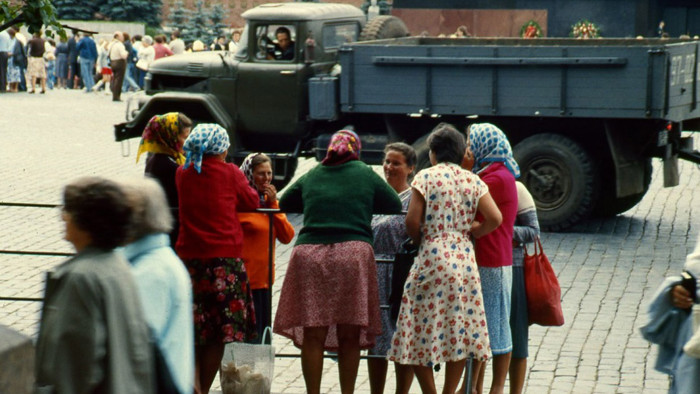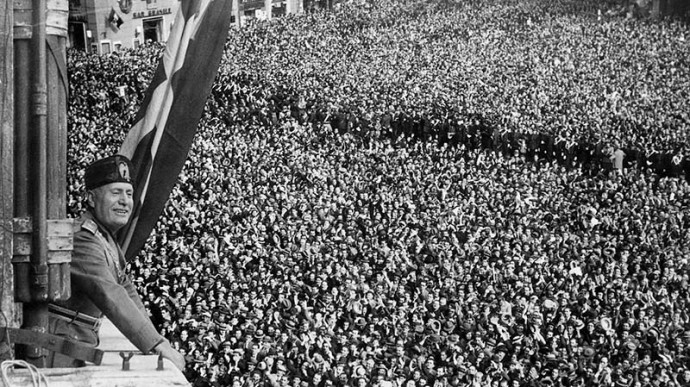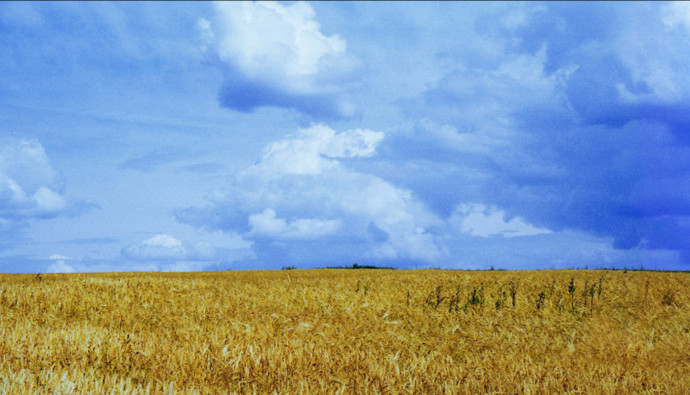The war that is shaking Europe and the world
If one event is marking the international news this 2022, it is the Russian invasion of Ukraine, a conflict with dramatic human consequences and decisive reverberations in the present and future of all of Europe and beyond. It was unthinkable that these events and the multiple readings they arouse would be omitted from this year's Biennale, so a handful of sessions approach it. From various angles, with multiple authoritative voices, all of them of international relevance.
The first day of the Biennial is far from a warm-up, and one of its highest profile names, linked to this theme, is not long in coming. Let's talk about Svetlana Alekseyevich, who will be the protagonist of the afternoon of 11 October, Voices from Europe. The 2015 Nobel Laureate in Literature will talk about the future that we can project for Europe with the endorsement of being the author who has most relentlessly narrated the history of the former Soviet Union based on the testimony of those who have experienced it first-hand.
With a very different tone, often steeped in humour despite portraying a society permanently on the edge, the Ukrainian Andrei Kurkov has carved out an internationally acclaimed career. With writer and translator Simona Škrabec, he will talk at Another Ukraine about issues such as the viability of writing in the context of war in his country and, consequently, what the role of fiction can be in all of this.
More personalities from the world of literature will meet at the round table Europe, Russia and the borders of democracy. Sofi Oksanen - Finnish with Estonian roots -, Oksana Zabujko - Ukrainian - and Alvydas Šlepikas - Lithuanian - have focused much of their work on the light and shadows of the post-Soviet space. It will be a pleasure to hear their thoughts on the relationship that European countries should have with Russia.
On Saturday the 15th, the privilege will be to attend the conversation between Masha Gessen and Carolin Emcke in the session entitled, avoiding half-measures, New Fascisms. Gessen, a Russian-born journalist who has lived in the United States for decades, has been and continues to be one of the main scourges of Donald Trump and Vladimir Putin. A prominent figure in media such as The New Yorker and The New York Times, she will share an evening and reflections with Emcke, who has a background in both philosophy and war reporting. Far from limiting themselves to passing bills to what is already part of history, both will try to lay the foundations for reconstructing a desirable imaginary, free of discourses of hate and authoritarianism.
And at +Biennial...
The Born Centre for Culture and Memory joins the Biennial's parallel programme with a round table that in turn forms part of its cycle 'In Perspective'. With War and Memorial Conflicts. A Look towards Ukraine on the afternoon of the 13th will reflect on the memories of some of the events that the current war has reactivated. Philippe Mesnard, professor at the Centre de Recherches sur les Litteratures et la Sociopoétique, specialist in testimonial literature, and Jean-Yves Potel, historian and expert on the countries and societies of Central and Eastern Europe, will speak.




